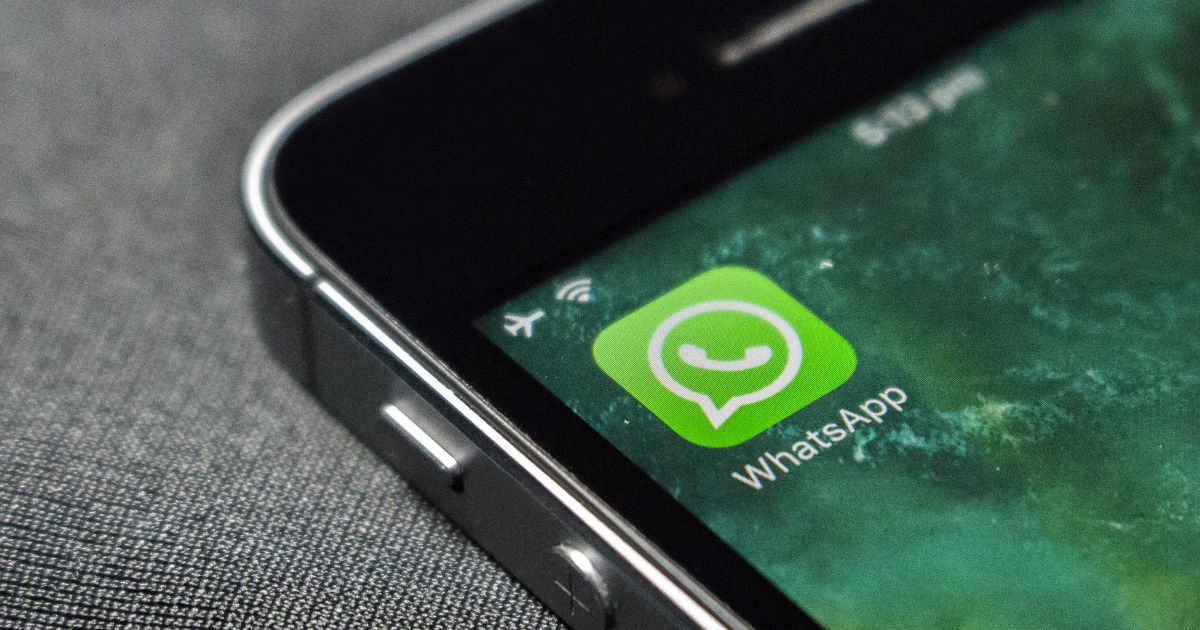
Since its creation in 2009 by D. Jan Koum and until today, it is more and more customary in our society to use the app “WhatsApp” as a form of communication between individuals, being useful for written messages, sending voice memos or with images and videos.
But, is it valid to use a conversation, photo, video, voice memo from WhatsApp as a form of proof in a judicial trial?
The response to this question is yes, with no room for doubt since it is considered as a private form of proof according to the Spanish Civil Code. In fact, a WhatsApp conversation can lead to a contractual relationship of any kind, and its possible consequences, crimes, administrative infractions, tax fraud, labour fraud, etc.
However, as a means of evidence which is easily manipulated, it is advisable, and to a certain extent essential, that the party which proposes and provides it at trial takes care to guarantee its authenticity, since the burden of proof ultimately falls on the party which proposes it.
But how to guarantee its authenticity? One of the most assured methods would be to visit a notary and notarise the WhatsApp conversation in public deed, in order for the notary to record that what they see on the phone screen or device corresponds to what they see happening in reality with respect to its content, parties involved, date, device of origin and device of receipt. Another method of proving and accrediting this authenticity, which could of course be provided together with the Notarial act mentioned above, would be through a computer or telecommunications expert report.
This is not to say that the party which proposes this WhatsApp conversation will always have the obligation to prove its authenticity, since if the opposing party does not challenge the authenticity or the opposing party who challenges it is not able to provide a “non-manipulated” version of the conversation according to them, it may be accepted by the judge, regardless of the evidentiary value that he gives it at the time of sentencing.
In fact, despite the fact that such a WhatsApp conversation has been provided as evidence in the context of a trial, and the authenticity of such proof has not been fully provided, the judge may still take it into account to a greater or lesser extent, when assessing all the evidence that has been provided during the course of the litigation.
It is important to keep in mind that only the parties involved in said WhatsApp conversation will be able to use it as a method of proof, since use by a third party could imply violation of the right to privacy, and the right to secrecy of communication, and could have criminal consequences.
The content of this article can be extrapolated to other instant messaging applications, such as Telegram, Messenger, chats on Tik Tok, Instagram, Facebook, Twitter, etc.
Any questions or legal advice you may need, about this or any other article, we at Illeslex Abogados are at your disposal.
27-may-2024 / ARTICULO
Very helpful.
2014-09-10
The service was perfect and we are very satisfied. As of now we are working only with ILLESLEX concerning the tax affairs of our properties in Spain.
The lawyer´s work was exceptional, even on weekends and out of office hours, we were attended.
Their work ethic is outstanding.
2015-02-11
It is a real pleasure to have the assistance of ILLESLEX. The Lawyers were a great support during the purchase of an apartment.
We hope to make use of additional services in the near future of ILLESLEX and to have a long term relationship.
2014-12-22